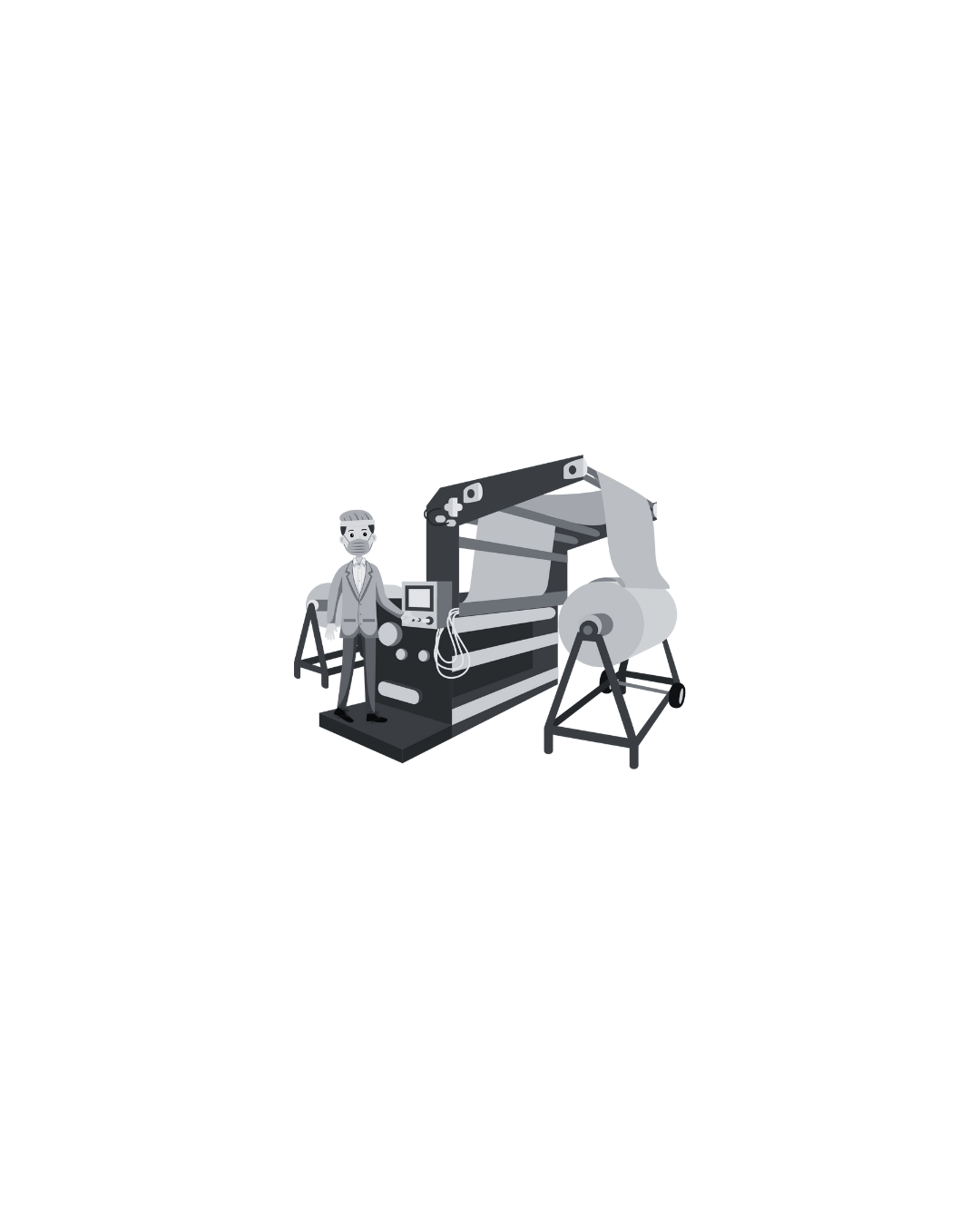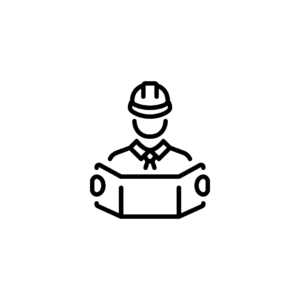Description
A Bachelor of Technology – Lateral Entry (B.Tech-LE) in Textile Engineering is an advanced program designed for students who have completed a diploma in textile engineering or a related field. This program allows them to directly enter the second year of the B.Tech curriculum, where they can deepen their understanding of textile processes, materials, and technologies.
Curriculum Overview
The curriculum for a B.Tech-LE in Textile Engineering typically includes a blend of theoretical knowledge and practical skills that are crucial for the textile industry. Here are some common subjects and areas of study in this program:
Engineering Mathematics:
Advanced mathematics relevant to engineering applications, such as calculus, linear algebra, and statistics.
Fiber Science:
Study of different types of fibers (natural and synthetic), their properties, and applications.
Textile Chemistry:
Chemical processes involved in textile manufacturing, including dyeing, finishing, and treatment of fabrics.
Yarn Manufacturing:
Techniques and technologies involved in converting fibers into yarn, including spinning processes.
Fabric Manufacturing:
Overview of fabric production methods, including weaving, knitting, and non-woven processes.
Textile Testing and Quality Control:
Methods for testing the physical and chemical properties of textiles to ensure quality standards.
Apparel Engineering:
Principles and practices of apparel production, including pattern making, garment construction, and fitting.
Textile Machinery:
Study of various machinery used in textile processes, including their operation, maintenance, and optimization.
Textile Design:
Fundamentals of design for textiles, including color theory, pattern design, and textile aesthetics.
Environmental Impact of Textiles:
Exploration of sustainable practices in the textile industry and environmental concerns related to textile production.
Global Textile Marketing:
Marketing principles and strategies specific to the textile and fashion industries.
Computer-Aided Textile Design:
Utilizing software tools for designing fabrics and apparel, including CAD applications.
Capstone Project/Internship:
Practical experience through a project or industrial internship, allowing students to apply their knowledge in a real-world context.
Career Opportunities
Graduates with a B.Tech-LE in Textile Engineering can pursue numerous career opportunities in various sectors of the textile and apparel industry. Some potential job roles include:
Textile Engineer: Involved in the design and development of textile products, overseeing production processes and quality.
Production Manager: Managing manufacturing operations, ensuring production efficiency and quality control.
Quality Assurance Engineer: Ensuring textiles meet required specifications and standards through testing and process audits.
Textile Designer: Creating innovative designs for fabrics and garments, focusing on aesthetics and functionality.
Apparel Production Manager: Overseeing garment production processes, from concept to final product.
Research and Development Engineer: Working on developing new textile materials and technologies, including sustainable solutions.
Textile Marketing Executive: Promoting and selling textile products, negotiating contracts, and understanding market trends.
Process Engineer: Optimizing and improving textile manufacturing processes for efficiency and cost-effectiveness.
Textile Machinery Specialist: Focusing on the operation, maintenance, and improvement of textile machinery.
Environmental Consultant: Advising on sustainable practices and compliance with environmental regulations in the textile industry.
Further Education
Graduates may choose to pursue further studies, such as a Master?s degree in Textile Engineering, Fashion Technology, or related fields, to enhance their career prospects. Additionally, obtaining professional certifications in areas like quality control or textile design can further increase job opportunities and specialization.
If you have any further questions about the curriculum, potential career paths, or other aspects of a Bachelor of Technology – Lateral Entry in Textile Engineering, feel free to ask!









